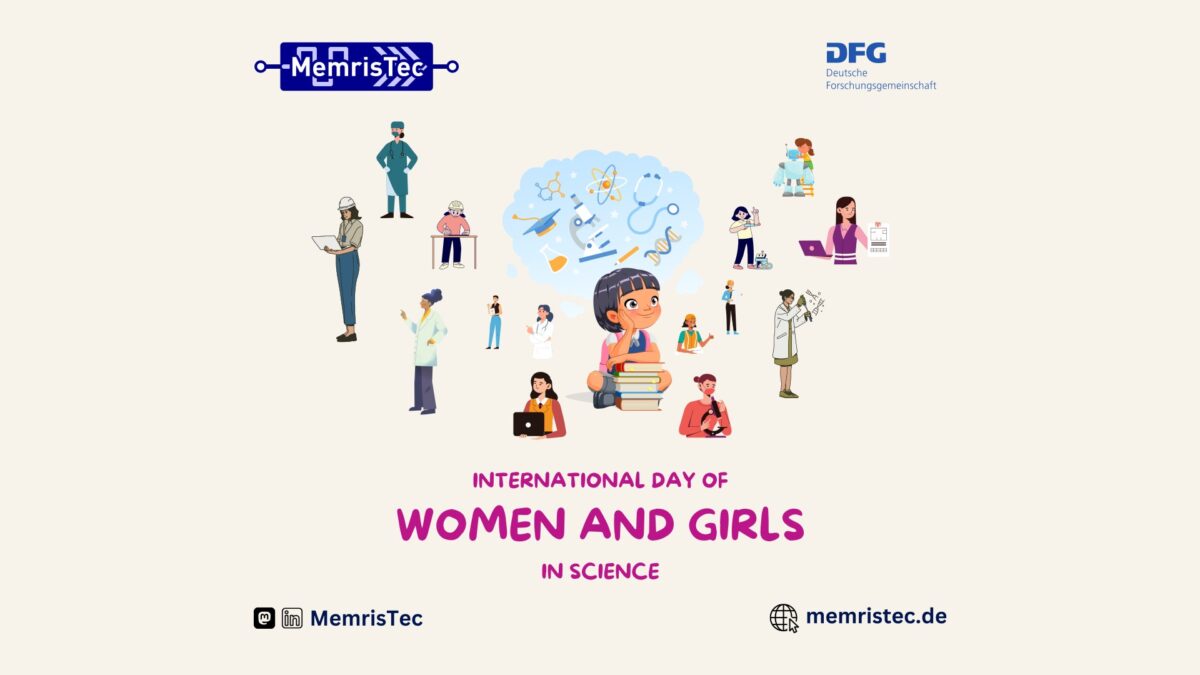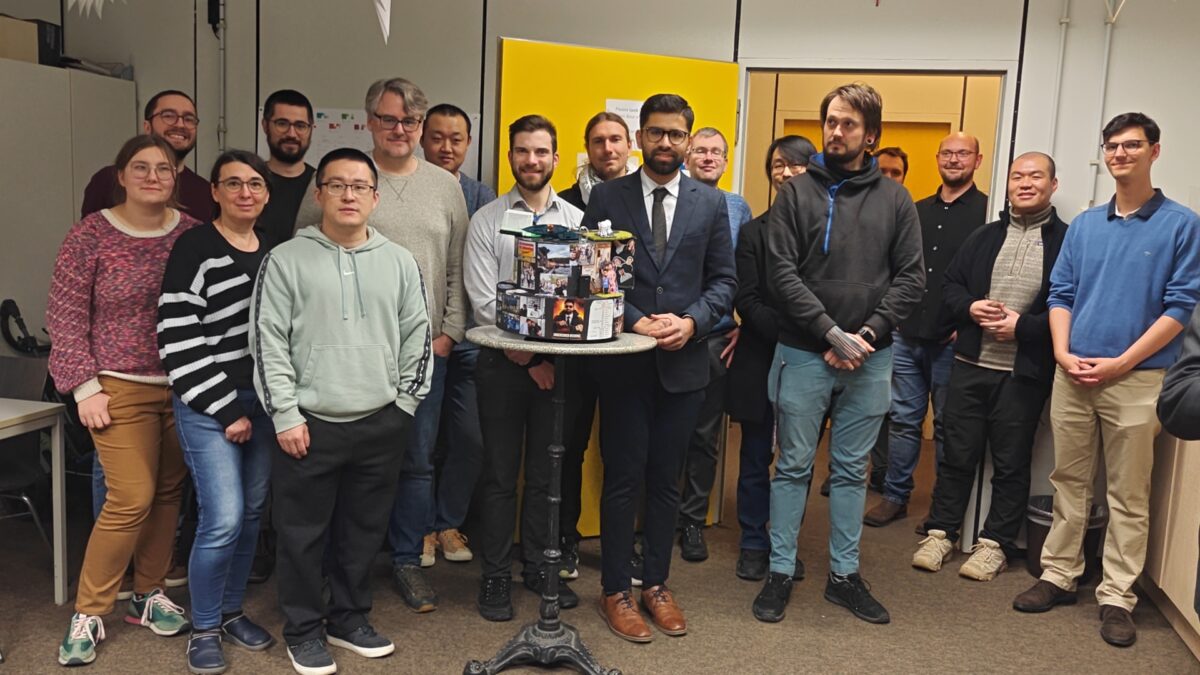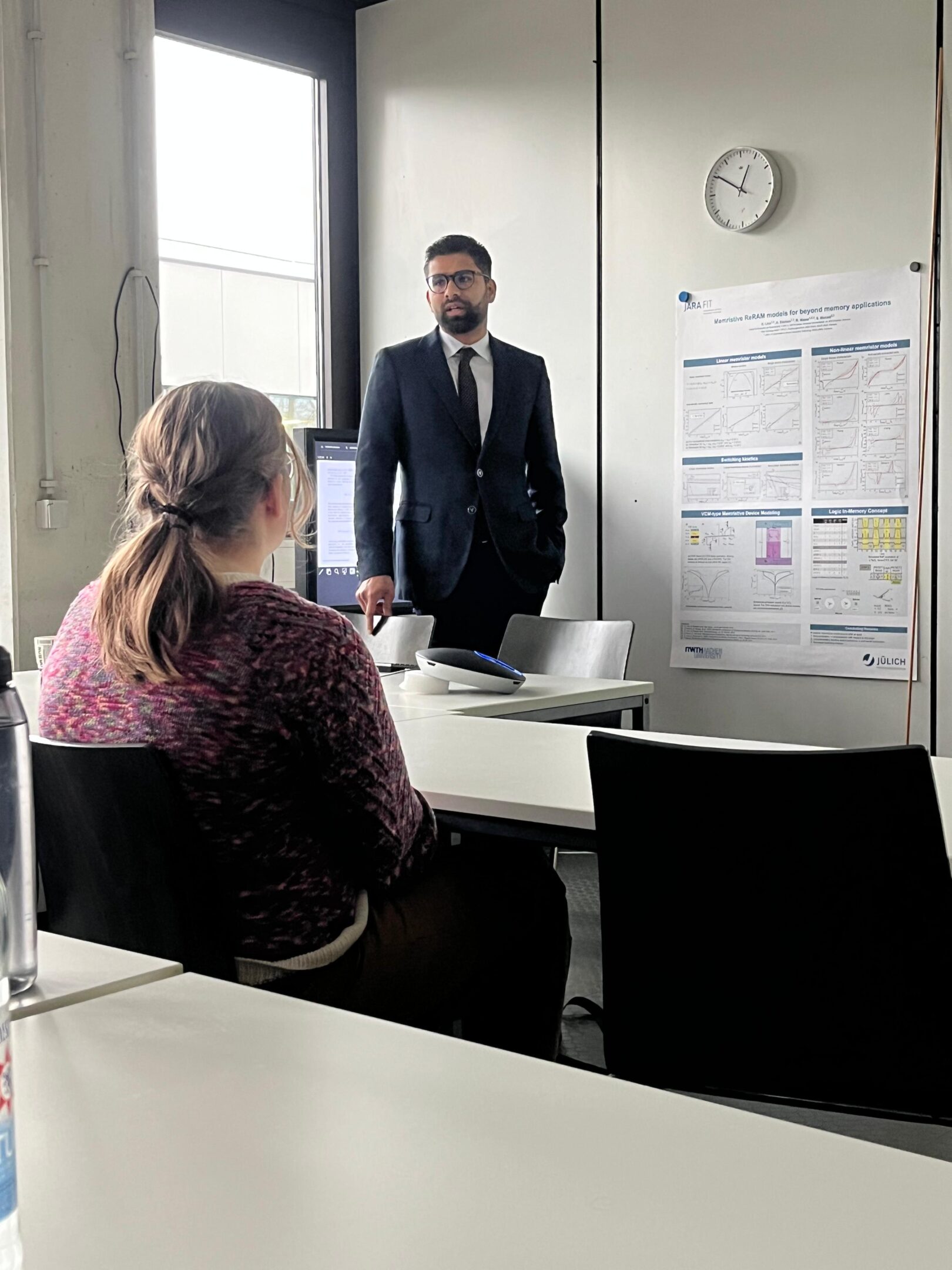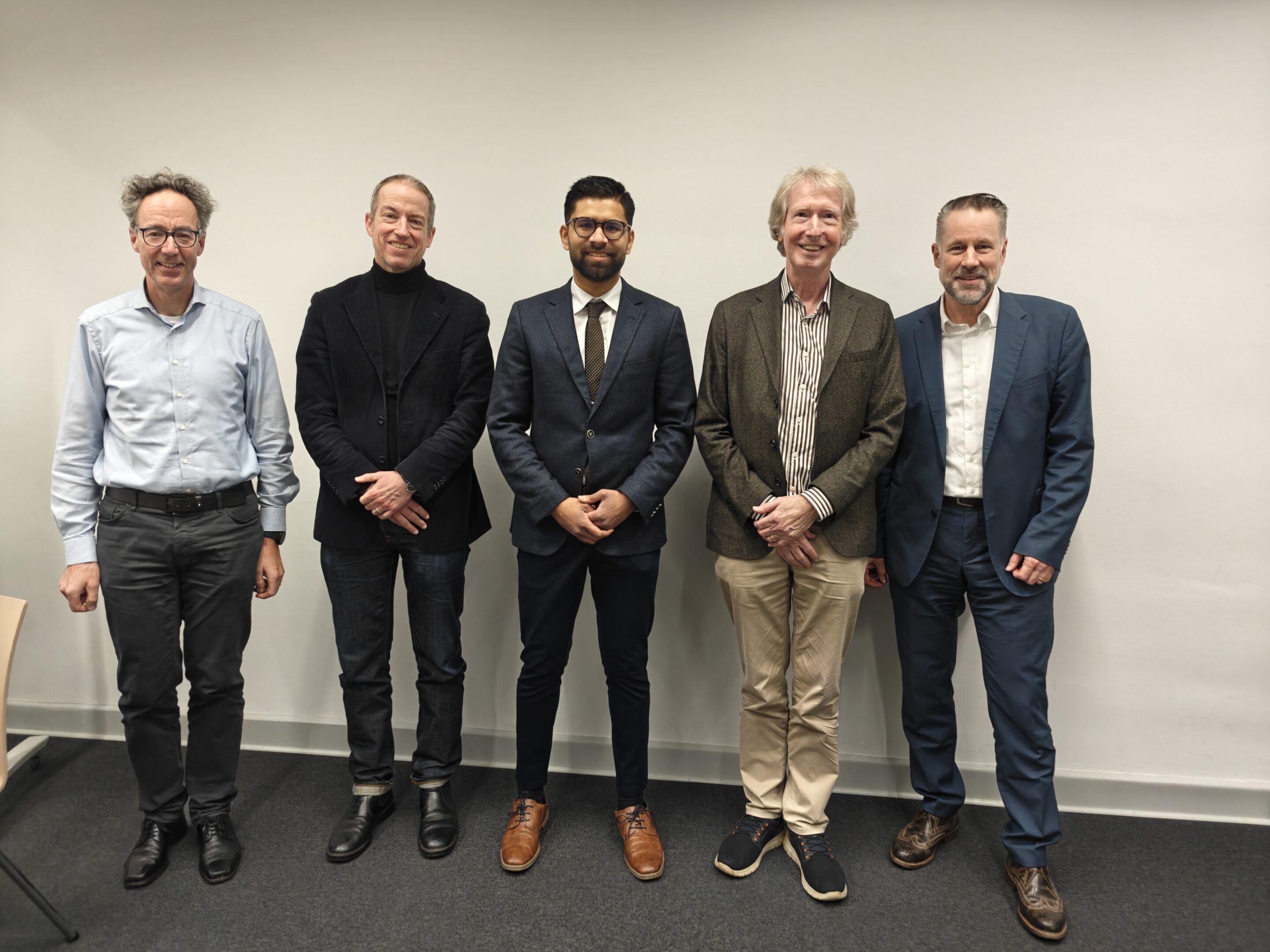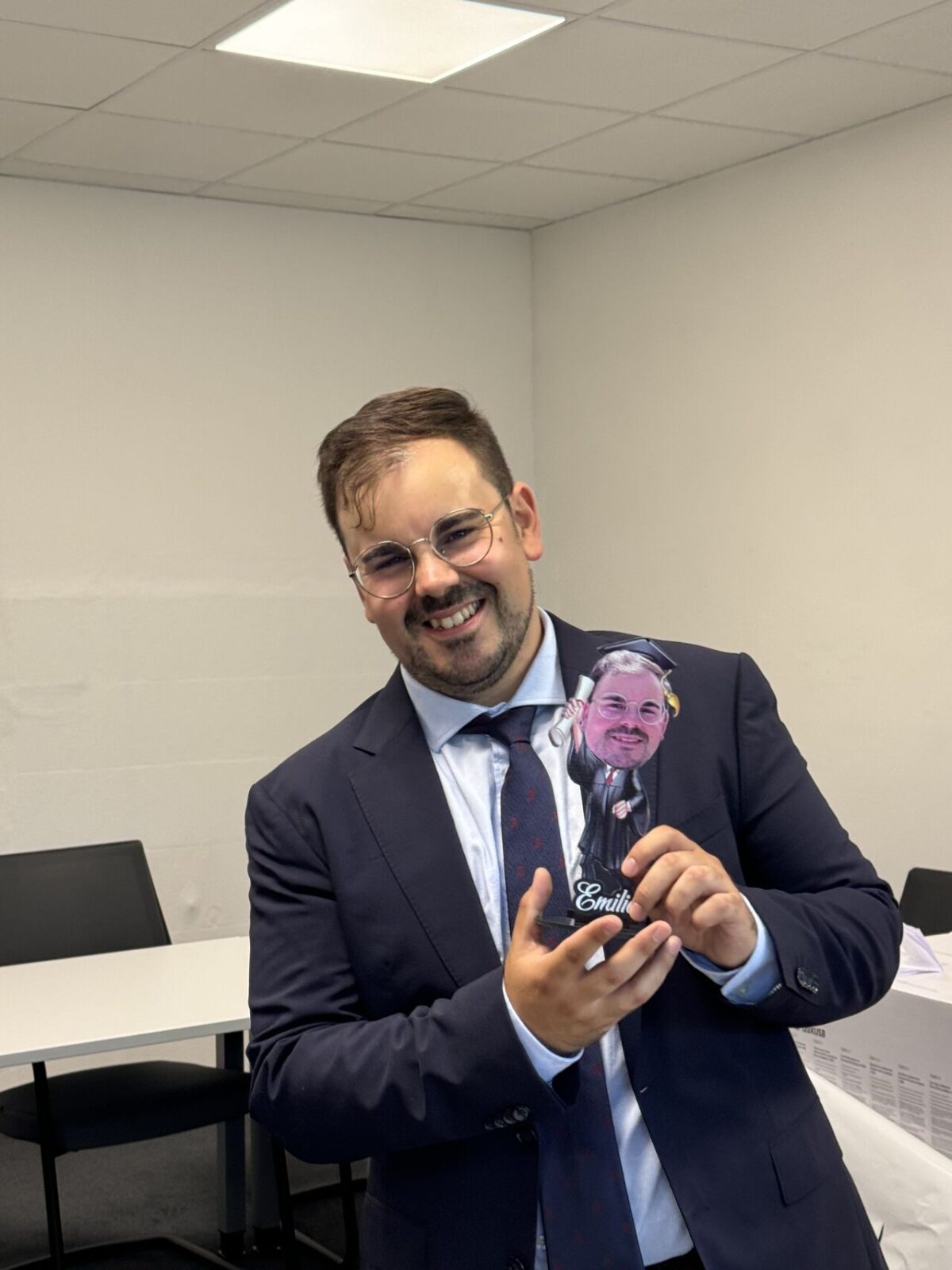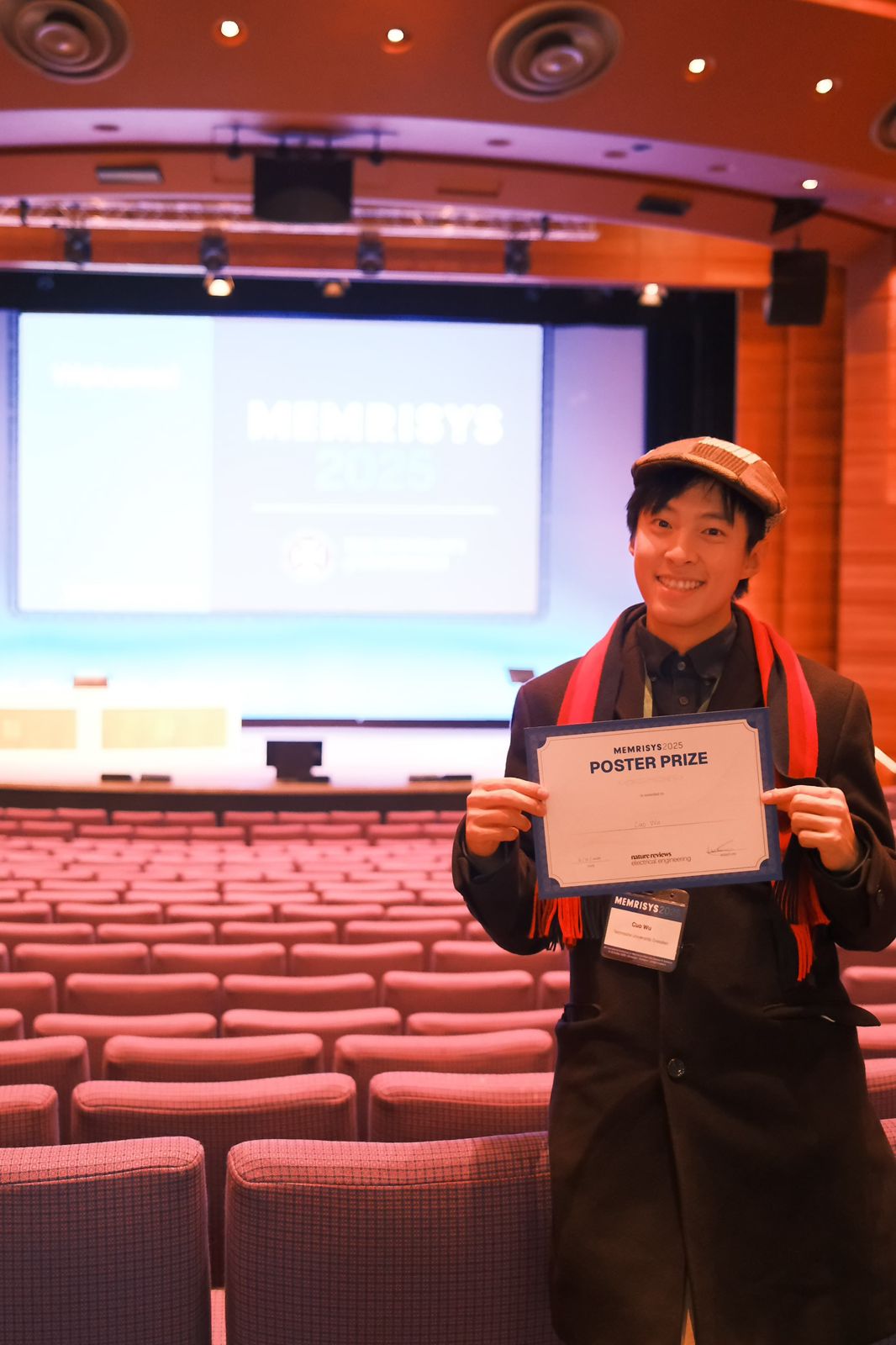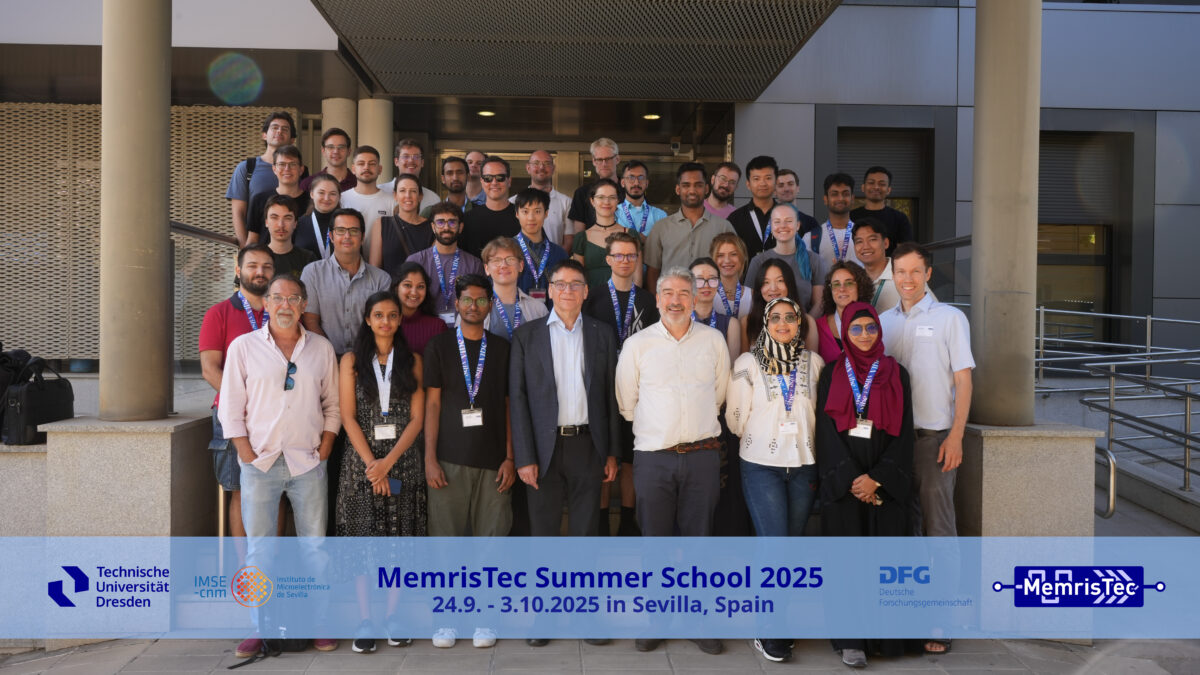Sending electronics into space is no small feat. In Low-Earth Orbit, radiation, temperature extremes, and the vacuum pose challenges that conventional memory simply cannot withstand. The LEOMEM project, part of the DFG Priority Program MemrisTec and funded by the DFG starting in 2025, is addressing these issues. Researchers at TU Munich, University of Rostock, and IHP – Leibniz-Institute for Innovative Microelectronics, led by Prof. Amelie Hagelauer, Prof. Marc Reichenbach, and Prof. Christian Wenger, are developing radiation-resistant RRAM-based memory cells, building on results from the earlier MIMEC project.
First prototype chips, combining enclosed layout transistors (ELTs) with RRAM devices, have already been fabricated at IHP. These cells will undergo multi-stage testing for total ionizing dose (TID), single event effects (SEE), and extreme temperatures. Could memory survive these harsh conditions while remaining energy-efficient? That is one of the key questions LEOMEM seeks to answer.
At the system level, behavioral data from the devices will feed into a design framework to explore secure and adaptive memory architectures. Adaptive error correction codes will work alongside analog control, digital interfaces, and controllers in a fully integrated ASIC prototype. The ultimate goal is a memory system optimized for reliability, energy efficiency, and performance in space missions, paving the way for the next generation of in-memory computing beyond Earth.

